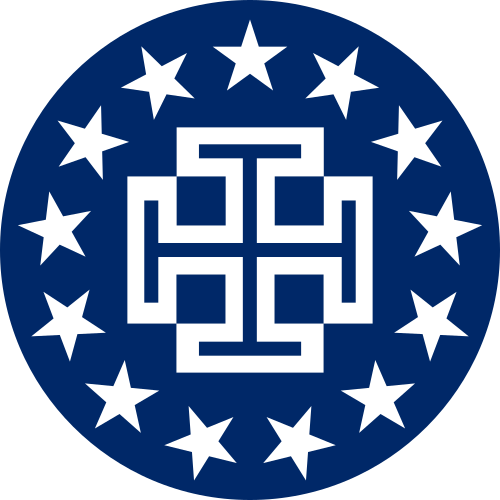Blood is an incredibly complex symbol. Spilling blood is generally frowned upon, yet the blood of your fathers is something to take pride in. Blood runs thicker than water, and yet the blood of your brother is what cries out to heaven against you for vengeance. This phenomenon of having multiple related meanings is called ‘polysemy,’ and it accounts for a significant amount of the power behind jokes, poems, and other cultural symbols.
What, then, to make of Christ’s blood? His blood was spilled— “let his blood be upon us and upon our children”— and yet we only have “redemption through his blood, the remission of sins,” because “without shedding of blood there is no remission.” O Mystery of mysteries, O blessed sin that merited so great a redemption!
Yes, both sinful and blessed. The very crime of deicide of which we are all, collectively and personally, culpable, is the very means of our salvation, the true Passover that brings us from death to life. Nietzsche saw the powerful contradiction in this: “God is dead… and we have killed him… What was holiest and mightiest of all that the world has yet owned has bled to death under our knives: who will wipe this blood off us?” And yet, the great twist of Christianity is that we who have committed the greatest crime imaginable, utterly powerless to wipe the blood off our knives, thereby stand in the presence of the new and greater “blood of the testament to which God has commanded you.” Commanded, therefore, not to bow down, condemned, but to rise, resurrected. This is the testament, and it is sealed in Christ’s blood.
What shall we make of this paradox? To what shall I compare it? When has it ever been known that a murderer should be released, on command of the father of the one murdered? And yet this is precisely what our heavenly Father has done. No, more— not only forgiven, given life, but adopted as a son, a co-heir with Christ. The very deed which man meant for evil, God intended for good. Blessed, therefore, be God in heaven above!
And we, to whom God has condescended on earth below, now must live under the shadow of this blood. A reminder to us of our own cruelty, inhumanity, violence, and poverty— as well as the very sign of our forgiveness, redemption, and divine adoption. The power of Christ’s blood comes and stands before us to transform, infuse with hope, and invert every symbol and meaning which is solely human. Truly a mystery! This is what the efficacy of Christ’s blood is: to take the moments of human failure and transform them into something divine. Seen in this light, Christ’s blood is not simply a symbol, or a devotional, or some dogma to be spoken of— it is the very manifestation of the power of God active in the present moment.
At every moment when I gaze despairingly at the state of my life, pocked with sin, personal failings, the struggles of all those around me— Christ’s blood arises anew to refresh me in the Mass as, kneeling, I speak the words “amen.” So be it.
At every moment when the difficulty of the present and the impossibility of the future seems to make even drawing breath feel unbearable, Christ’s blood comes down with a simple prayer of deliverance, giving hope and creating a path forward. So be it.
At every moment when human betrayal and cruelty crush the spirit and threaten to overwhelm, Christ’s blood draws down and repaints every graciously-born offense a small act of martyrdom, a testimony to the power of God to bring life out of death and to subvert the malice and ill-intent of human ignorance. So be it, so be it.
Christ’s blood flows through your veins, my brother, my sister. You have received it— Him— in the liturgy, you have renewed the covenant with each prayerful word to pass your lips. What can this power be, if not true freedom, utterly inconceivably, and transcending every act beholden to the moral power of death into something newly conceived, strange and awesome and mysterious? And this power is yours— bought by the willing sacrifice of your brother who would rather suffer than be apart from you. Christ’s blood flows through your veins, and you are his hands and feet now upon the earth. May you live a life worthy of so great a gift.
